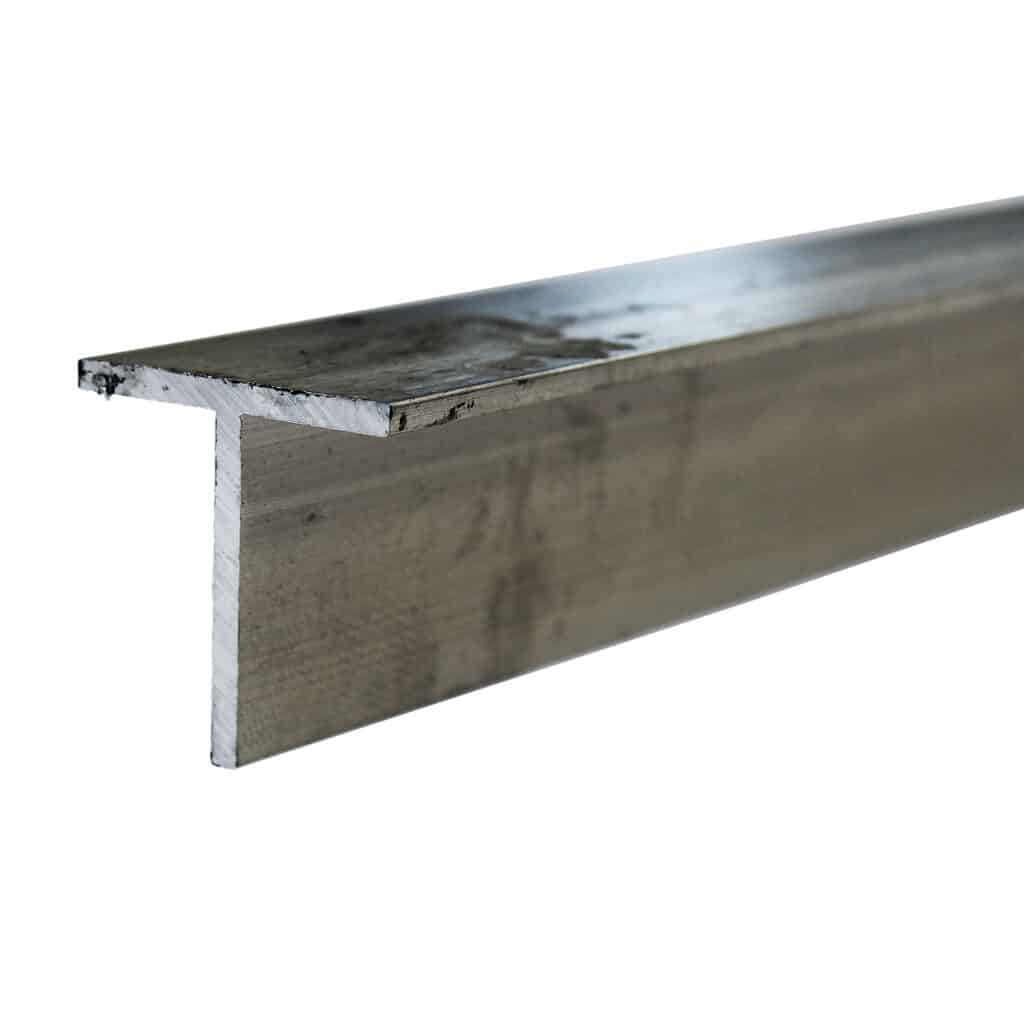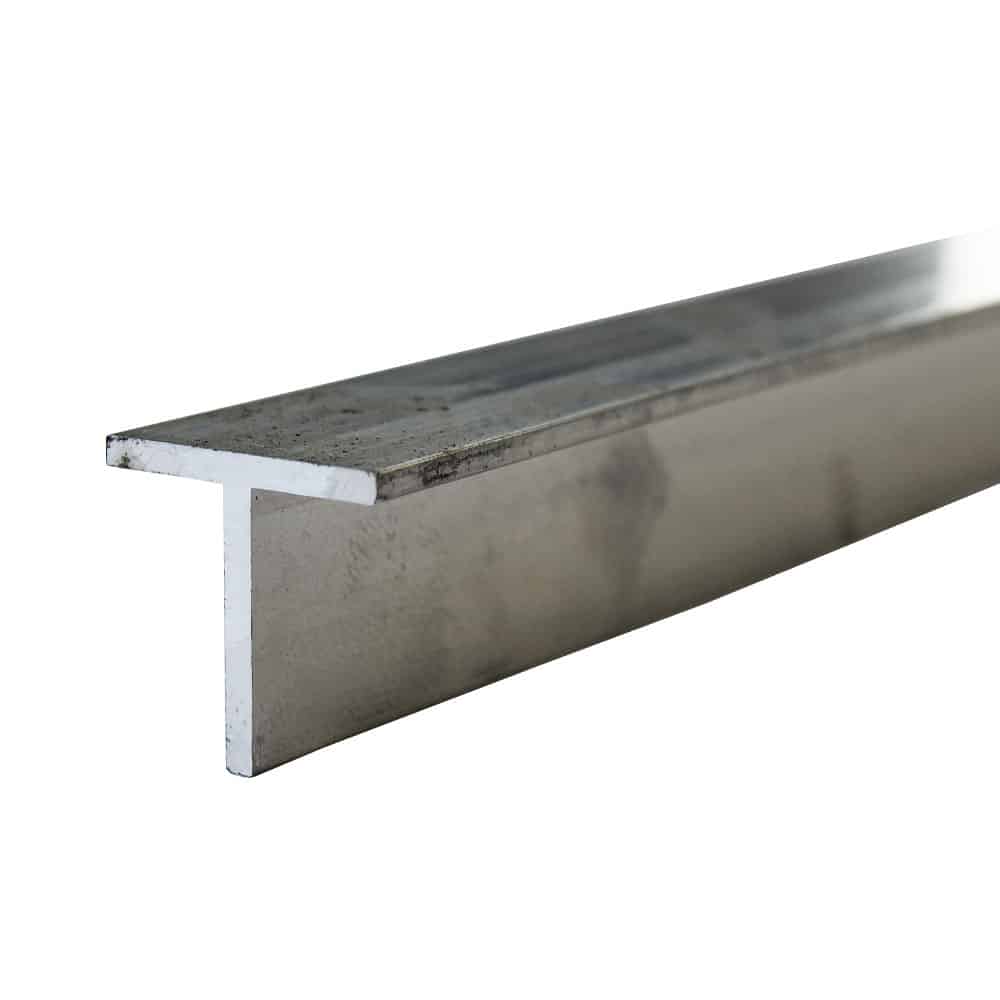- Massive Range
- FREE UK Delivery
- Rapid Dispatch
- Massive Range
- FREE UK Delivery
- Rapid Dispatch
- Massive Range
- FREE UK Delivery
- Rapid Dispatch
£8.62 – £17.59 inc VAT


This website is secured:
✔ Specialists In Rapid Shipments Of Any Size
✔ FREE UK Delivery Included
✔ Immediate Express Dispatch From Stock
✔ Tracked Delivery with Order Updates
✔ 30-Day Returns Accepted
@ ☏ Bespoke Lengths & Larger Quantities Available
Hey there! Are you searching for strong and versatile round metal tubing for your next project? Look no further than the 44.45mm x 1.5mm Mild Steel Round Metal Tubing ERW Round Tube by Speciality Metals! Not only is it durable and cost-effective, but it’s also recyclable for those who prioritise sustainability. Plus, its excellent welding, forming, bending and machining abilities make it a top choice for professionals and DIY enthusiasts alike. With various lengths available, this round metal tubing is perfect for a multitude of applications. Get your hands on this all-around superstar and watch your project come to life.

44.45 x 1.5mm mild steel round metal tubing is used in many structural and engineering applications. The size refers to the outside diameter and then the thickness of the wall.
ERW means Electric Resistance Welded. ERW round tube is made when steel strip is welded to form a tube shape. The tube is continuously seam welded which means that there is a neat weld running along the inside of the tube.
Mild steel round tube is widely used in a variety of applications and also comes in both square and rectangular options.
When it comes to durable, versatile and cost-effective materials for industrial use, there are very few options that can match the capabilities of round metal tubing. Specifically, the 44.45mm x 1.5mm mild steel round metal tubing offered by Speciality Metals is an excellent choice for a variety of manufacturing applications due to its outstanding welding, forming, bending and machining abilities. This tubing is available in various lengths, making it adaptable to a wide range of project requirements. Beyond its practical uses, mild steel round metal tubing is also recyclable, making it an eco-friendly choice for businesses looking to reduce their environmental impact. Overall, this tubing is an excellent investment for any company looking for top quality materials at a reasonable price.
Speciality Metals is known to be the United Kingdom’s best up-and-coming small-quantity metal company.
Furthermore we stock a vast range of round tube options that compliment our mesh range perfectly.
Over 50,000 customers of Specialty Metals are provided with fast, friendly customer service every year. We’re the place to try when you need metal of any shape and size. We’re based in Warrington, UK. We pride ourselves on our rapid turnaround and a large range of options.
Key information:
We also carry a wide range of mild steel sheet metal, angle iron and flat bar.
Mild steel is a quality strong metal. However it is not rust proof and may do so over time. Please use galvanised or stainless steel if you need resistance to rust. If this metal tube does show signs of rust then simply remove this with WD40 or fine sanding.
The grade of plain steel that we have available has mechanical properties that provide excellent machinability, formability and weldability.
Mild steel can be welded and it’s also suitable for painting. Mild steel is a magnetic grade of metal. Magnets will stick to this sheet but it is not itself a magnet.
Machining mild steel round metal tubing is generally considered easy, especially when compared to harder materials or complex alloys. Mild steel, due to its low carbon content, is more ductile and malleable than higher-carbon steels. This property allows it to be cut, drilled and machined with less wear on the cutting tools. Additionally, mild steel does not work-harden as quickly as some other metals, which can simplify the machining process. When working with round metal tubing, it’s important to properly secure the material to prevent any unwanted rotation or movement. Lubrication or cooling fluids are often used during the machining process to further ease the cutting and to prolong the life of the tools. Overall, with the right setup and equipment, mild steel round metal tubing can be efficiently and effectively machined.
Mild steel is susceptible to corrosion, especially when exposed to moisture and certain chemicals. Over time, this corrosion can compromise the structural integrity of the tubing, leading to potential leaks. Gas leaks are hazardous and can result in explosions, fires and other dangerous situations.
Additionally, many local building codes and regulations specifically stipulate the types of materials that can be used for gas lines, often favoring materials like black iron pipe, galvanised pipe, or specialised plastic tubing for underground applications.
That being said, in some industrial settings, mild steel may be used for certain non-combustible gases, especially when the environment is controlled, and the gas is non-corrosive. However, when considering gas lines for residential, commercial or general applications, it’s crucial to follow local codes and industry standards to ensure safety. Always consult with professionals or local authorities when choosing materials for gas lines.
Protective Coatings: Applying a protective coating, such as paint or powder coating, can shield the steel from the elements and reduce the risk of rust and corrosion. Galvanising, which involves applying a protective layer of zinc, is another option that offers good protection against rust.
Regular Inspections: Periodically inspect the tubing for any signs of wear, corrosion or damage. Catching and addressing issues early can prevent bigger problems in the future.
Environment: If possible, store or use the tubing in environments where exposure to moisture, aggressive chemicals or salt is minimal. If it’s used outdoors, consider placing it in locations where water doesn’t pool.
Maintenance: Clean the tubing periodically to remove dirt, debris and any corrosive substances. This is especially crucial if the tubing is exposed to industrial environments where chemicals or corrosive materials are prevalent.
Proper Installation: If the tubing is part of a structure or system, ensure it’s installed correctly, avoiding unnecessary stress or tension that could compromise its integrity.
Use Sealants: For tubing sections that are joined together, use appropriate sealants to prevent moisture or contaminants from entering the joints.
Cathodic Protection: For buried or submerged applications, consider using cathodic protection. This technique uses an external electrode to divert corrosive electrical activity away from the steel tubing, offering protection from corrosion.
Desiccants: If the tubing is stored for long periods, consider using desiccants to reduce humidity in the storage area, minimising the risk of rust.
Lubrication: If the tubing is part of a mechanical system where parts move or rotate within it, ensure proper lubrication to minimise wear and tear.
Check out our blog discussing cutting, welding and shaping mild steel round tube. It will prove a useful read to help you to make an informed decision on which material would work best for you.
We are also very proud of our ever expanding YouTube channel.
Our goal for our blogs and help guides is to answer as many questions as possible to help to explain the possibilities of mesh to our customers. Contact us today if you have any questions at all. We are always really keen to help in any way that we can.
We are also very proud of our highly popular eBay store, check us out there too.
£16.49 – £44.99 inc VAT
£15.49 – £39.99 inc VAT

£16.49 – £44.99 inc VAT

£15.49 – £39.99 inc VAT
Speciality Metals
Unit 1, Farrell Street, Warrington,
Cheshire, WA1 2WW, United Kingdom
Quick Links
Payment Options
